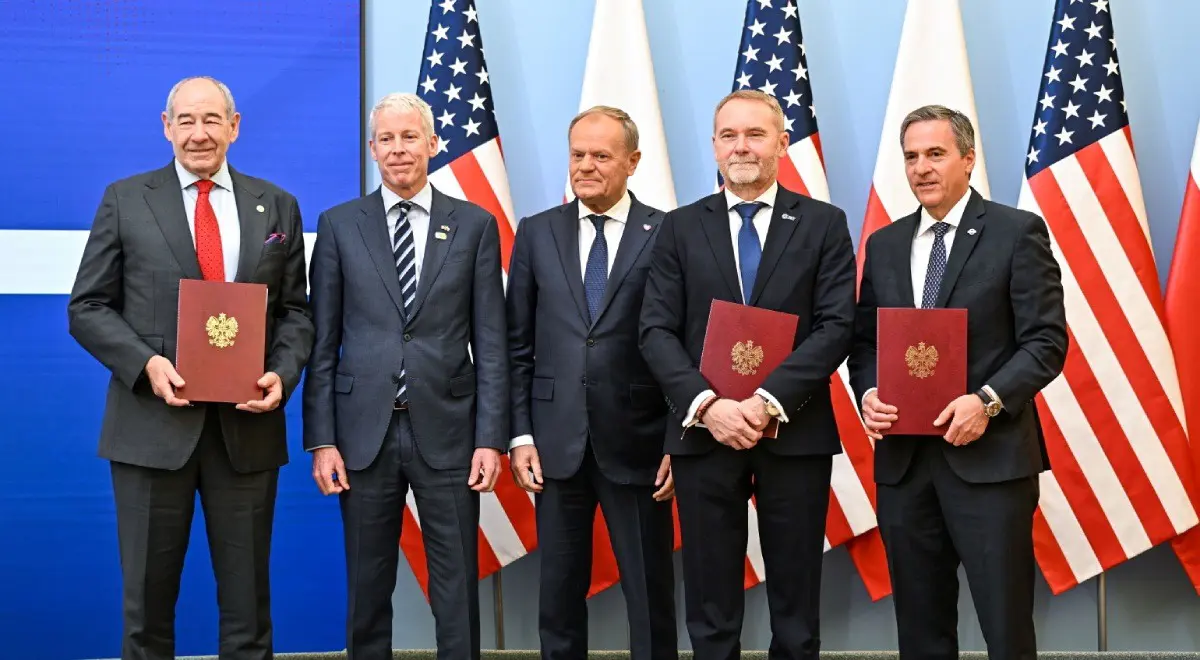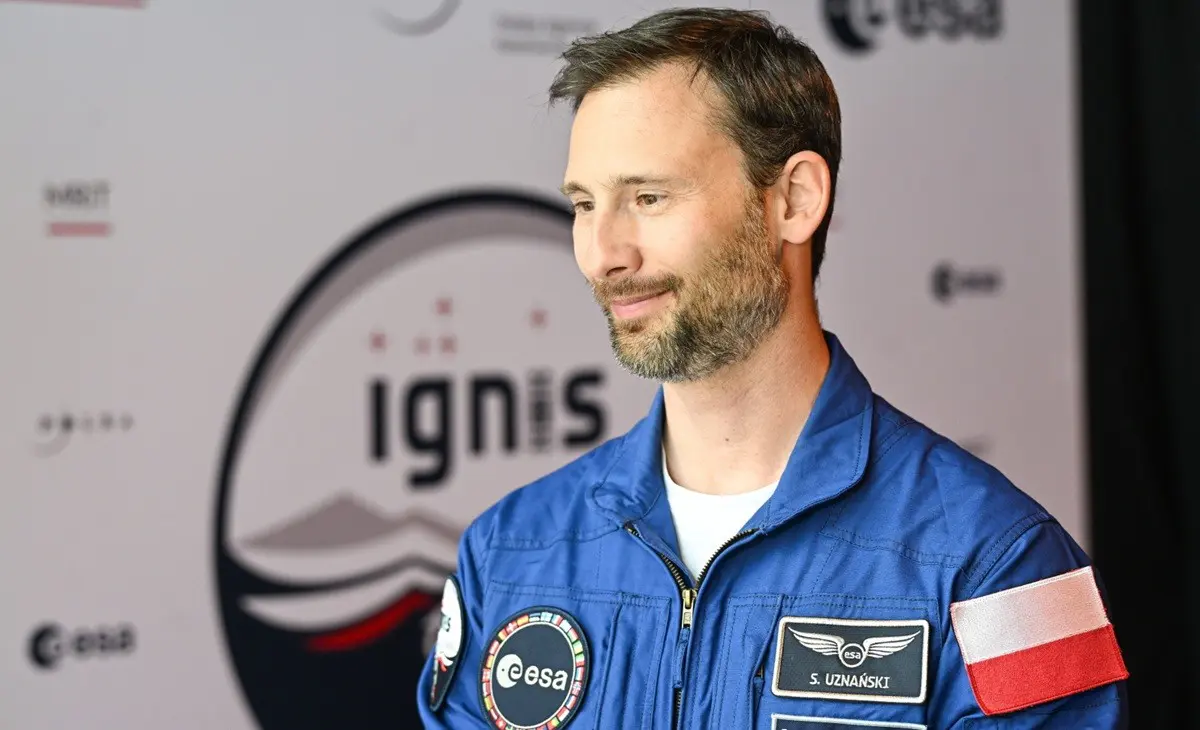
Polish American Strategic Initiative
Educational Organization
Only Truth Is Interesting

Welcome to PASI EDU

PASI EDU is a 501(c)(3) nonprofit organization dedicated to educating the Polish American community and American public on Polish and Polish-American history, culture, science, and relevant current events.
There is much about Poland and American Polonia of which we are justifiably proud and must be shared because it constitutes an important part of European and American history and culture. However, our review of information sources available to the public continues to reveal significant material omissions, misrepresentations, and falsifications. These sources include public school curricula and textbooks, media news outlets, popular websites, historical literature, and other public domain content. We address these deficiencies by presenting the facts and following our motto: “Only Truth is Interesting.”
Join with us and discover a wide array of important and compelling facts, many of which are little-known but remain significant because they constitute what is known to be true.
Learn About Modern Polish History, Science, and Culture

There are many significant facts about various aspects of modern Polish history, science, and culture that are little-known but have influenced our lives in different ways. We encourage everyone – students, teachers, parents, and community members – to learn more about them by joining PASI EDU and taking advantage of our educational content and materials.

Aleksandra shows viewers how to make Chruścicki (Angel Wings), which are traditionally served for Fat Thursday.
PASI EDU’s Susan Gorga interviews Culinary-Travel Host Aleksandra August
In three years, construction of the first Polish nuclear power plant will begin

Construction of the first Polish nuclear power plant is to begin in three years. Prime Minister Donald Tusk discussed the matter with U.S. Secretary of Energy Chris Wright, who is visiting Warsaw.
Polish astronaut to travel to International Space Station on May 29

Polish astronaut Sławosz Uznański-Wiśniewski is set to fly to the International Space Station (ISS) on May 29 as part of the Ax-4 mission, private space company Axiom Space has announced.
New missiles for Polish F-16s. AIM-120D-3 is a nightmare for Russian aviation

F-16 fighter. MON/twitter
